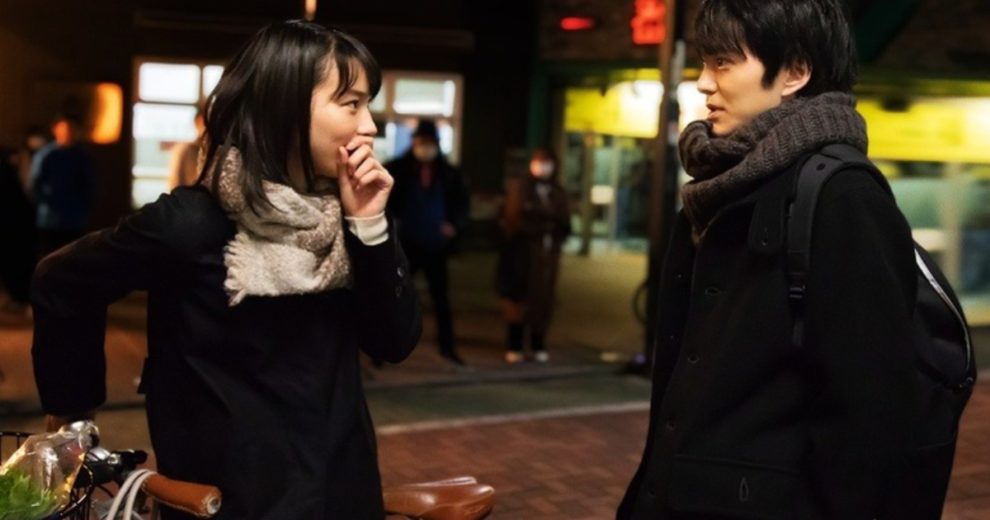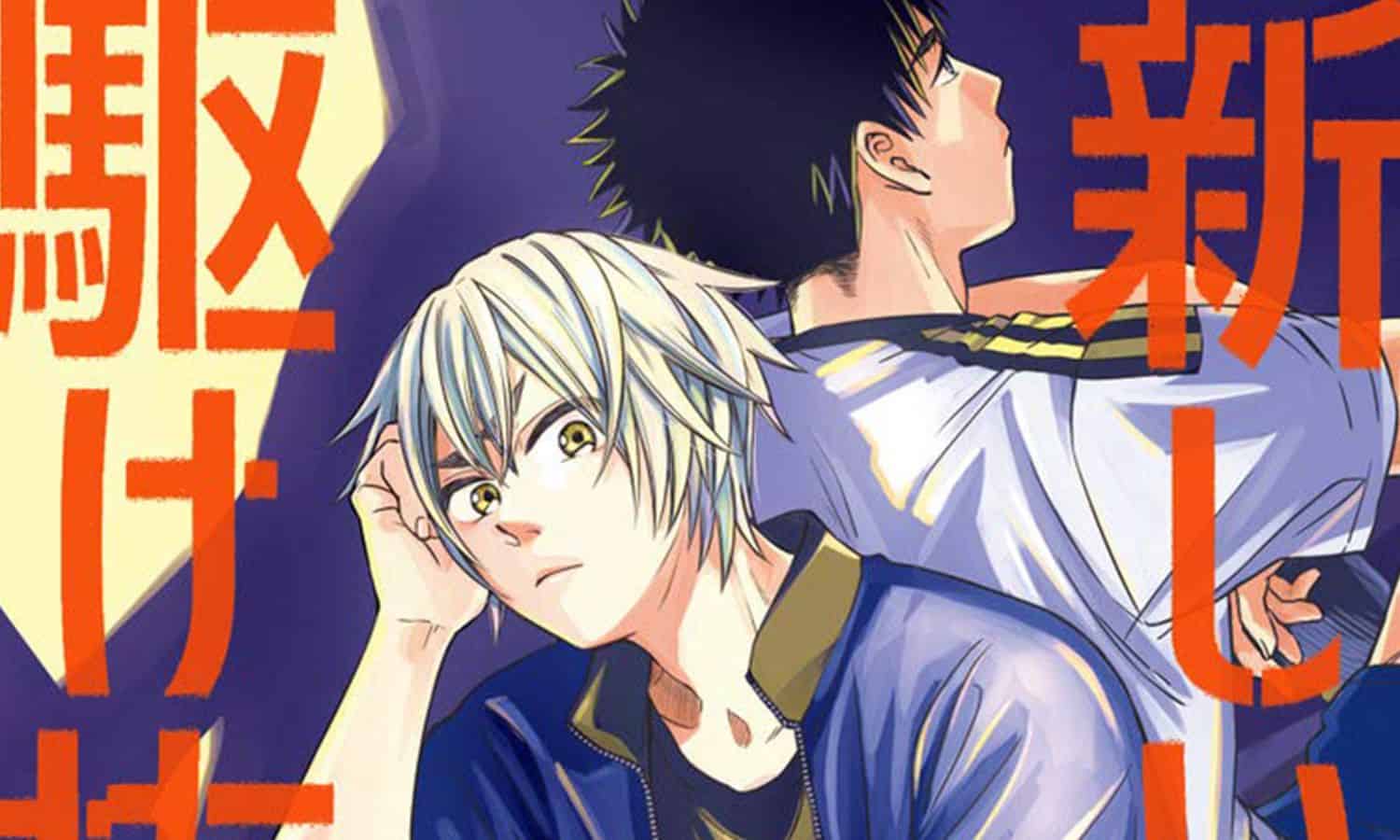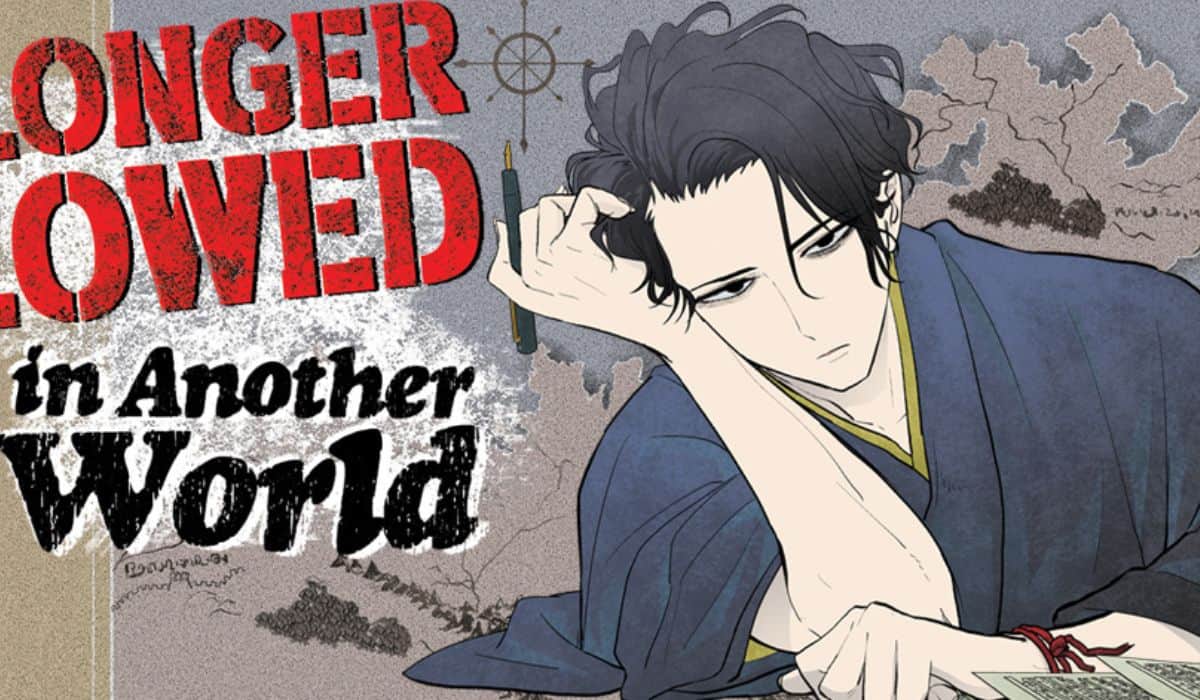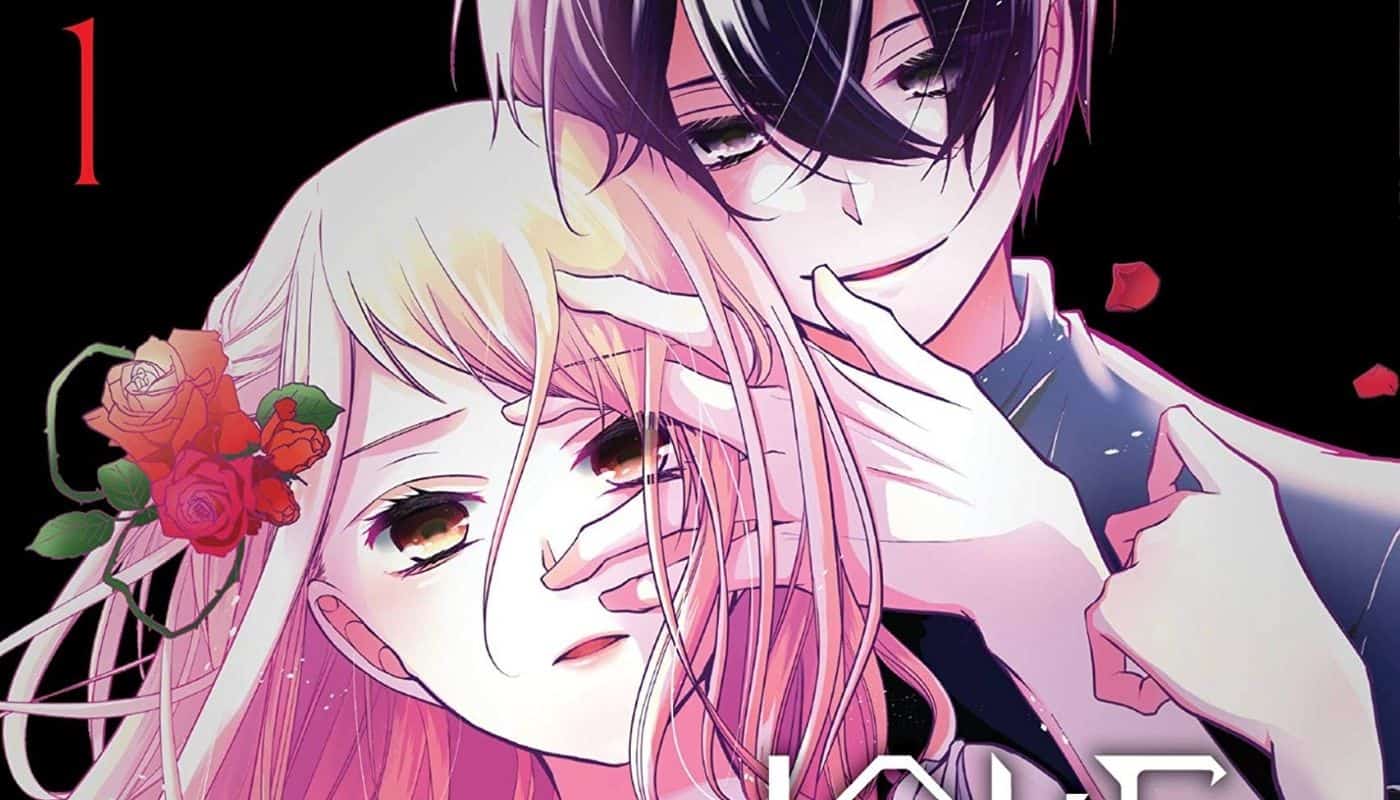Akiko Ooku has emerged as one of the most recent festival favorites from Japan, with her films about modern women and her overall, quirky approach, resonating with the particular audience. For her latest movie, she adapts another novel by Risa Wataya, after “Tremble All You Want”, also netting her a second audience award at Tokyo International Film Festival, after the aforementioned title.
“Hold Me Back” is screening at New York Asian Film Festival
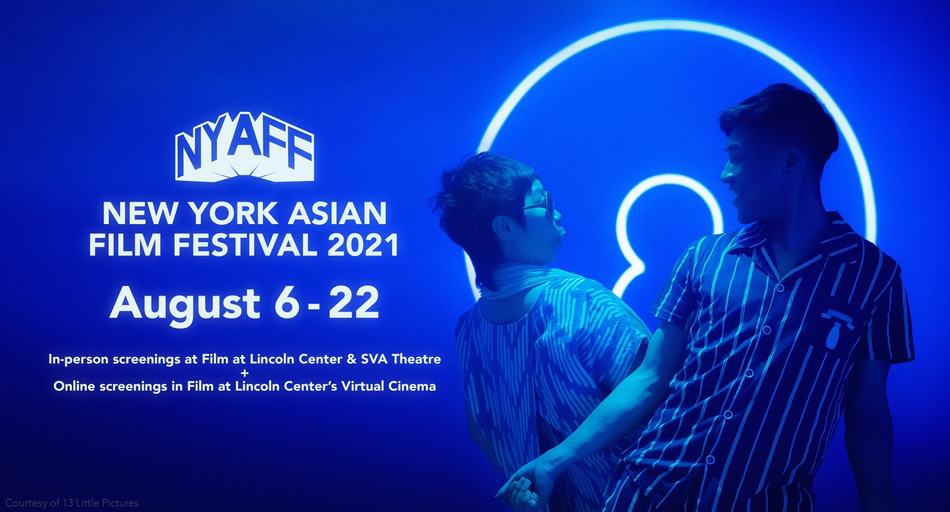
Mitsuko Kuroda is a 31-years-old, single OL, with very few social connections in her life, one of which happens to be a male advisor solely existing in her head, whom she calls A, and essentially, tells her what is on her mind, when she is too afraid to admit her own thoughts. Her second friend is another single OL, Nozomi, with the two of them being quite open about their search for a boyfriend, and the situation in the office. In Mitsuko's case, her interest is pointed towards Tada, a co-worker/salesman who also lives by her neighborhood, and through a series of chance meetings, frequently visits her apartment to receive some of her home-cooked meals, without, though, ever stepping inside. In the meanwhile, Nozomi has a thing for a rather pretentious employee everyone else seems to avoid, Carter.
Mitsuko has a tendency to overthink things (and “discuss” them with A), but a call from a college friend, Satsuki, who has moved to Italy and gotten married, and an invitation to visit her, makes her rethink things, also about Tada.
Akiko Ooku directs a film that could be described as Woody-Alenesque, particularly due to Mitsuko being a protagonist filled with neuroses, although with a distinct Japanese and female-oriented flavour. Particularly the concept of her speaking with A, who is essentially herself, provides the cherry on top of her quirky character, to the point that, in the beginning at least, her situation also seems to linger towards a psychiatric condition, although the director quickly takes care of erasing this notion. At the same time, this aspect also functions as a kind of narration for the movie, in an element that works quite well for the narrative and is also very original in the way it is implemented.
And although Ooku uses her protagonist's quirks to also make her and the whole movie more amusing, the comments she presents through her are quite deep and also well-presented. That a number of people tend to speak to themselves nowadays emerges as one of the evident ones, although here, it is used to highlight how lonely Mitsuko feels, and how she manages to cope with her loneliness and the lack of romance in her life. Furthermore, the message seems to state that after a point, loneliness becomes a habit, people get accustomed to it and even start to enjoy it, to the point that forming relationships seems like an impossible task, or even something that is out of the question. Mitsuko's interactions with Tada highlight the fact quite eloquently, particularly because after a point, it becomes obvious that Mitsuko likes him, but does not seem able to indulge the possibility of actually being with him.
On the other hand, the way Nozomi goes about her courting of Carter is exactly the opposite, with her actions eventually affecting the people around her, while also communicating a message that being brave and bold, can actually work in an environment where almost everyone is afraid to commit. Furthermore, her story also presents another comment that eventually also touches the main storyline, regarding how beneficial for people can be to be open to possibilities, or even pursuing them themselves.
The arc revolving around Satsuki also states that even friendships occasionally do not work, with the whole episode in Italy functioning as an explanation for why Satsuki has decided to be a loner. On the other hand, and despite some beautiful images of Rome, the whole episode could have been omitted, as it seems disconnected from the rest of the narrative, and is also rather lengthy for no apparent reason.
A secondary element, which mostly concerns the visual aspect of the movie, focuses on food, with DP Natsuyo Nakamura highlighting the various instances in the most delightful way, although the food here also has a contextual meaning, particularly through the connection the two protagonists share through it. In general, the cinematography is fitting, with the different episodes being presented in different styles, something that works quite well for the overall approach of the movie.
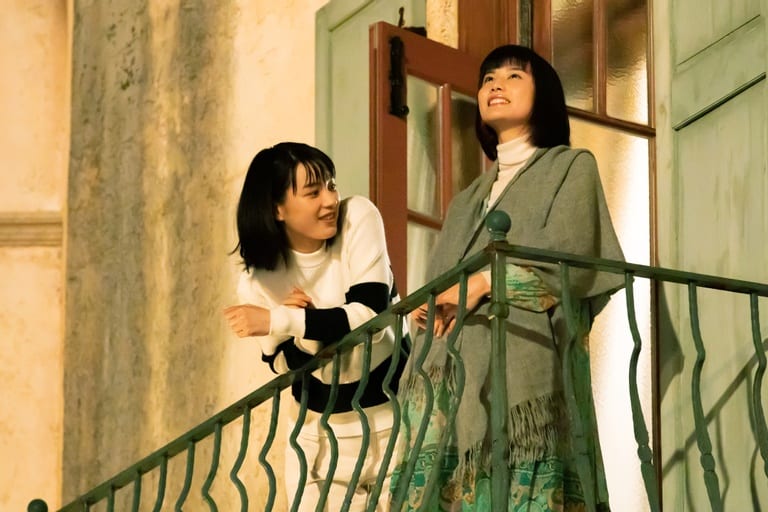
The aforementioned, actually, is the most significant issue here, with the number of episodes and comments becoming excessive in the end, even to the point that the movie could be described as verbose, despite the fact that individually, almost all of them are interesting. The fast pace editor Hiroyuki Yoneda implements somewhat helps in that regard, but at 133 minutes, “Hold Me Back” definitely overextends its welcome.
On the other hand, Non gives a great performance in the leading role, with her presenting her quirks, insecurities, neurosis, sense of humor and kindness in the best fashion, essentially anchoring the whole movie with her performance. Particularly the scene where all her feelings and fears about a relationship eventually erupt is probably the most memorable in the whole movie.
“Hold me Back” has some issues, but the general sense it leaves is of a film that is rather smart in the way it presents its comments, while being quite entertaining on the way.


